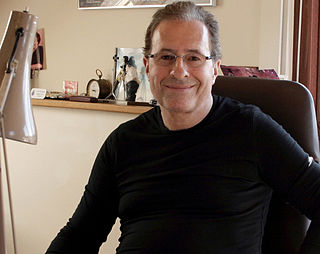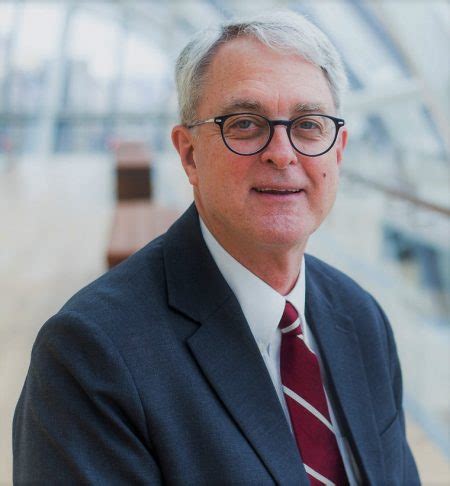A Quote by David Cronenberg
I'm simply a nonbeliever and have been forever. ... I'm interested in saying, 'Let us discuss the existential question. We are all going to die, that is the end of all consciousness. There is no afterlife. There is no God. Now what do we do.' That's the point where it starts getting interesting to me.
Related Quotes
All things considered, I can see no reason to adopt the afterlife hypothesis. I am sure I shall remain in a minority for a long time to come, especially among experiencers, but for me the evidence and the arguments are overwhelming ... We are biological organisms, evolved in fascinating ways for no purpose at all and with no end in mind. We are simply here and this is how it is. I have no self and "I" own nothing. There is no one to die. There is just this moment, and now this, and now this.
Everything that we love will, at some point, be taken away from us. If I think about everyone I love eventually being taken away from me by death, or simply by getting lost from each other in the world, it makes me value them much more now. And I'm much less likely to be indifferent. For me, indifference is the end of life.
You know, this dialogue is only helpful when we come, both of us, to a point where we realize that no dialogue is possible, that no dialogue is necessary. When I say understanding or seeing, they mean something different to me. Understanding is a state of being where the question isn't there any more. There is nothing there that says, "Now I understand!" That's the basic difficulty between us. By understanding what I am saying, you are not going to get anywhere.
If you find yourself saying 'I can't do something', but you know it in your heart of hearts that if you do it, you're going to grow, you're going to be a better person, it's going to contribute to your family or to your kids or to something that matters, and you keep saying 'I can't do it,' there is no question—you must do it. You don't discuss it anymore. You just take immediate action... You do what's necessary.
But in the end, science does not provide the answers most of us require. Its story of our origins and of our end is, to say the least, unsatisfactory. To the question, "How did it all begin?", science answers, "Probably by an accident." To the question, "How will it all end?", science answers, "Probably by an accident." And to many people, the accidental life is not worth living. Moreover, the science-god has no answer to the question, "Why are we here?" and, to the question, "What moral instructions do you give us?", the science-god maintains silence.




































